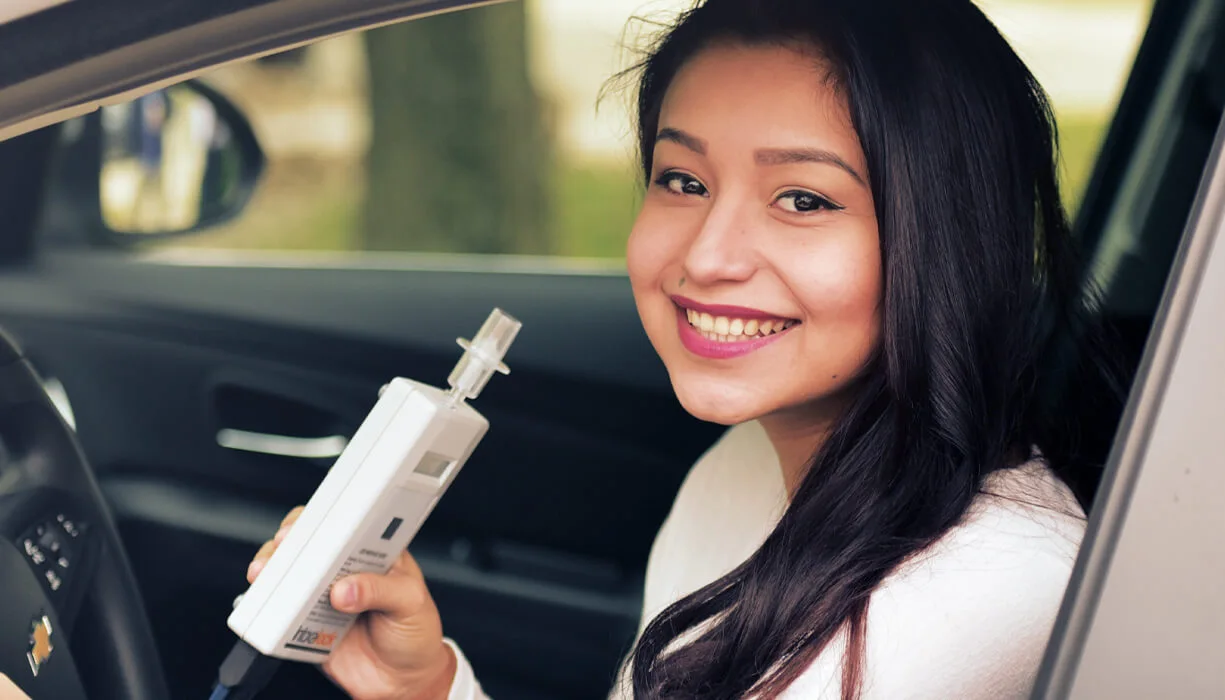Sobriety Checkpoints: A Deterrent to Driving While Impaired?
In 2015, Alcohol-impaired drivers caused over 10,000 traffic fatalities in the United States, making up 20% of all traffic fatalities (National Highway Traffic Safety Administration). One common practice to help deter the incidence of drunk driving is sobriety checkpoints. Currently, 38 states and the District of Columbia authorize sobriety checkpoints (NHTSA).
According to the Center for Disease Control (CDC), a sobriety checkpoint is held at a predetermined location at which law enforcement officers stop vehicles to check whether the driver is impaired. They may stop every vehicle or stop vehicles at a set interval.
Purpose of sobriety checkpoints
Data suggests that sobriety checkpoints act as a deterrent to driving after drinking by increasing the perceived risk of arrest. The threat of a checkpoint helps to reduce the drivers’ confidence that they can avoid getting caught for driving while intoxicated. The CDC identified that checkpoints can help reduce alcohol-related crashes and fatalities by 18%-24%.
Alcohol-impaired driving and perceived risks of legal consequences
This month, an article entitled, “Alcohol-Impaired Driving and Perceived Risks of Legal Consequences” was published and revealed that perception of risk was a key factor in individuals deciding whether or not to drink and drive. The researchers analyzed data collected from drivers, the police and defense attorneys specializing in driving while impaired (DWI) cases from eight different cities in the United States.
First, researchers asked individuals whether sobriety checkpoints or legal penalties following drunk driving were more frightening. Next, researchers asked individuals if there was an increase in either checkpoints or tougher legal penalties, which would help deter them from driving under the influence.
Results
The results of the research discussed above suggest that checkpoints are an effective deterrent for individuals who drink and drive. This data helps to support Intoxalock’s belief that ignition interlock devices should be required for all drunk driving offenders. Regardless of the laws, research is consistent in showing that license suspensions are extremely ineffective in preventing people from continuing to drive. As revealed in this study, people will still continue to take chances unless there are additional measures such as ignition interlocks and police checkpoints stopping them.
For more information about an Intoxalock ignition interlock device, call our state specialists at 833-623-0200 or to read the full article, click here.




